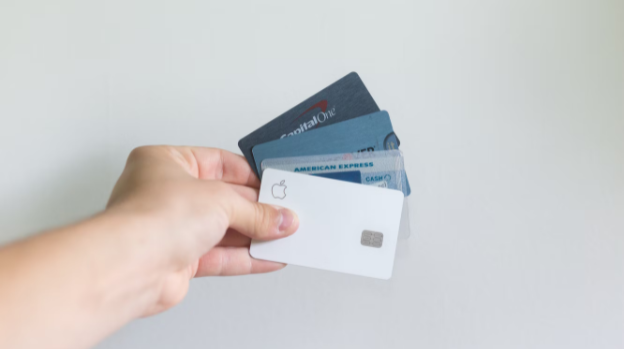Debt consolidation is a process that can offer many advantages to consumers who are struggling with multiple debts. When you consolidate your debts, you essentially group them all together into one payment. This makes it much easier to manage, and can often lead to lower interest rates and more manageable monthly payments. In this blog post, we will discuss the biggest advantages of debt consolidation, as well as how you can make the most of it!
1. What is debt consolidation and what are the benefits of itÂ
For starters, debt consolidation is the process of taking out a new loan to pay off multiple, existing debts. The advantage of this is that you’ll have just one monthly payment to make instead of several, which can save you both time and money. There are other benefits as well, such as the potential for a lower interest rate and improved credit score.
For instance, if you live in Singapore, you may be in luck, if you’re wondering how to repay your existing debts. And it’s because there are great debt consolidation plans in Singapore for those who need them. Also, the interest rates on these loans are relatively low, making them an attractive option for many people.
2. How to qualify for debt consolidationÂ
So, you’re in debt and you’re struggling to make your monthly payments. You’ve heard that debt consolidation might be a good option for you, but you’re not sure how to qualify. Here are a few things you’ll need to know before you can consolidate your debt:
– Your credit score: In order to consolidate your debt, you’ll likely need a good to excellent credit score. This is because you’ll be taking out a new loan to pay off your existing debts, and lenders want to see that you’re a responsible borrower who will make timely payments.
– Your debt-to-income ratio: This is a measure of how much debt you have compared to your income. Lenders will use this number to determine whether you can afford to make payments on a consolidation loan.
– Your employment history: Lenders will want to see that you have a steady income so they’ll be more likely to approve your loan. They may also require that you have been employed for a certain length of time before they’ll consider you for a loan.
If you have a good to excellent credit score, a low debt-to-income ratio, and a steady income, you should be able to qualify for a debt consolidation loan.
3. How to get the most out of your debt consolidation planÂ
Of course, you’ll need to have a plan in place to make debt consolidation work for you. This means knowing how much debt you have, what kind of debts they are, and what monthly payment you can realistically make. From there, you can look for a consolidation loan that will save you money in interest and fees while also getting you out of debt faster.
If you have a lot of high-interest debt, you may want to consider a balance transfer credit card. These cards offer 0% interest for a promotional period, which can help you save money on interest and get out of debt faster. Just be sure to pay off the balance before the promotional period ends, or you’ll be stuck with a high-interest rate.
4. Things you should avoid doing while on a debt consolidation planÂ
If you are on a debt consolidation plan, there are certain things you should avoid doing. These things can put you in a worse financial position and ruin your chances of becoming debt-free. Here are four things to avoid while on a debt consolidation plan:
– using credit cardsÂ
– taking out new loansÂ
– missing paymentsÂ
– withdrawing money from retirement accounts
By avoiding these four things, you will be on your way to becoming debt-free. If you are struggling with your debt, consider consolidating your debts into one monthly payment. This will help you get out of debt faster and save money on interest charges.Â
5. What to do if you find yourself struggling with paymentsÂ
When you’re trying to pay off debt, it can be easy to get overwhelmed. If you find yourself struggling to make your monthly payments, there are a few things you can do:
– Talk to your creditors: Your creditors may be willing to work with you if they know you’re having trouble. You can ask them for more time to make a payment, or for a lower interest rate.
– Make a budget: A budget can help you see where your money is going and where you can cut back. Once you have a budget, you’ll be able to better manage your money and make your debt payments on time.
– Get help from a professional: If you’re having trouble managing your debt on your own, you may want to seek help from a credit counseling or debt consolidation service. These services can help you develop a plan to get out of debt, and they can also negotiate with your creditors on your behalf.
6. Alternatives to debt consolidation that may be a better fit for your situation
Last but not least, it’s important to understand that debt consolidation is not the only option available for dealing with debt. If you have a lot of high-interest debt, you may be better off exploring alternatives like debt settlement or bankruptcy.
These options can be more extreme than debt consolidation and should only be considered as a last resort. However, if you’re struggling to make payments and your debt is becoming unmanageable, they may be worth considering.
Debt consolidation has many advantages that can help you get your finances back on track. If you are struggling with debt, consider consolidating your debts into one monthly payment. This will not only save you money on interest but will also help you become debt-free faster.
























